The Library Space Technology Network
Daina Bouquin
Harvard-Smithsonian Center for Astrophysics
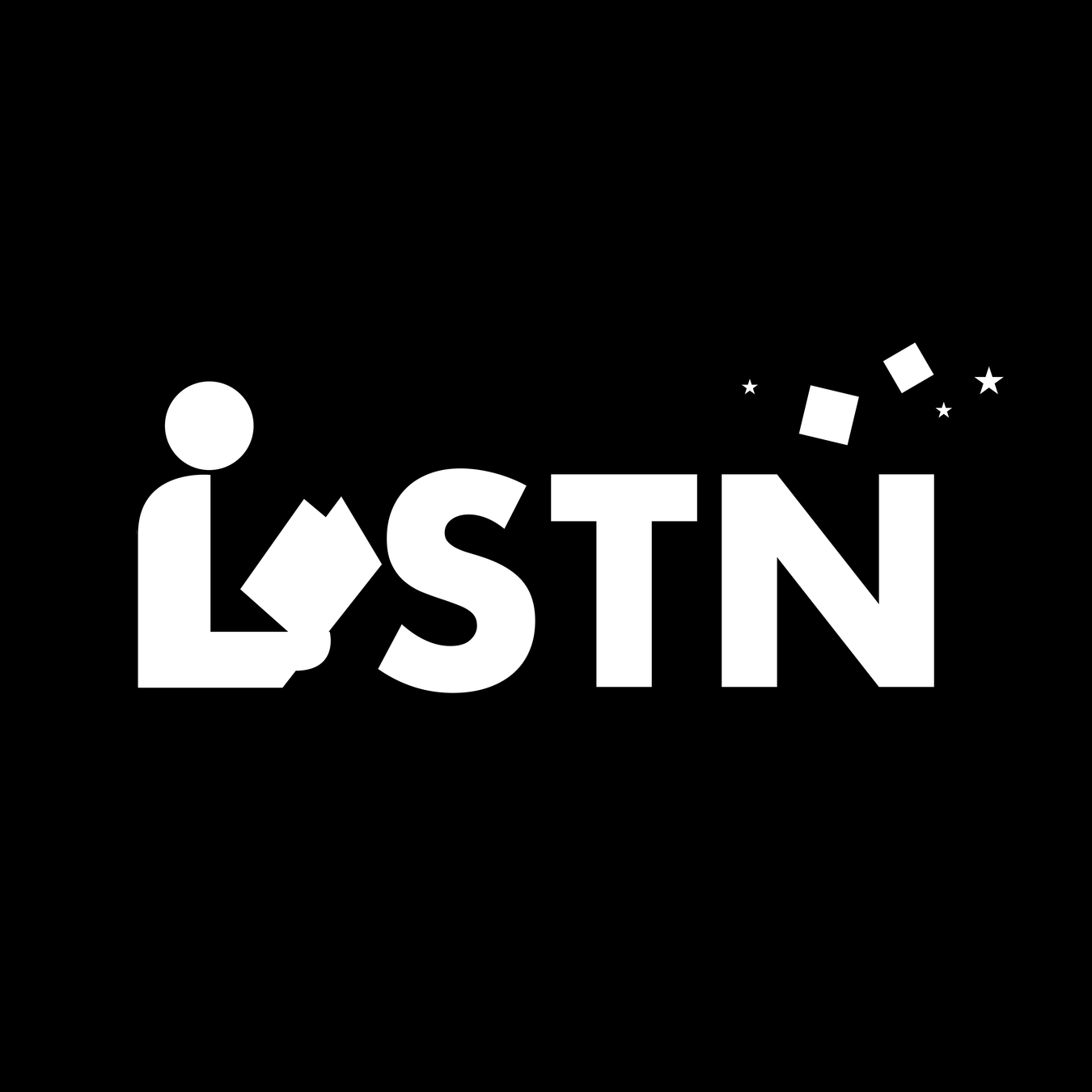
We are astronomy librarians
because we know science is important and we want to support our communities.
No one should feel alienated from
space-based research.
People of all backgrounds and abilities should have opportunities to be inspired by, learn from, and engage with the science our communities create.
We need to build bridges between our
research institutions and the public.
The goal of LSTN is to broaden participation in space-based science and engineering through novel educational opportunities and
hands-on learning experiences with
open satellite technology in public libraries.
Bridge Building with LSTN
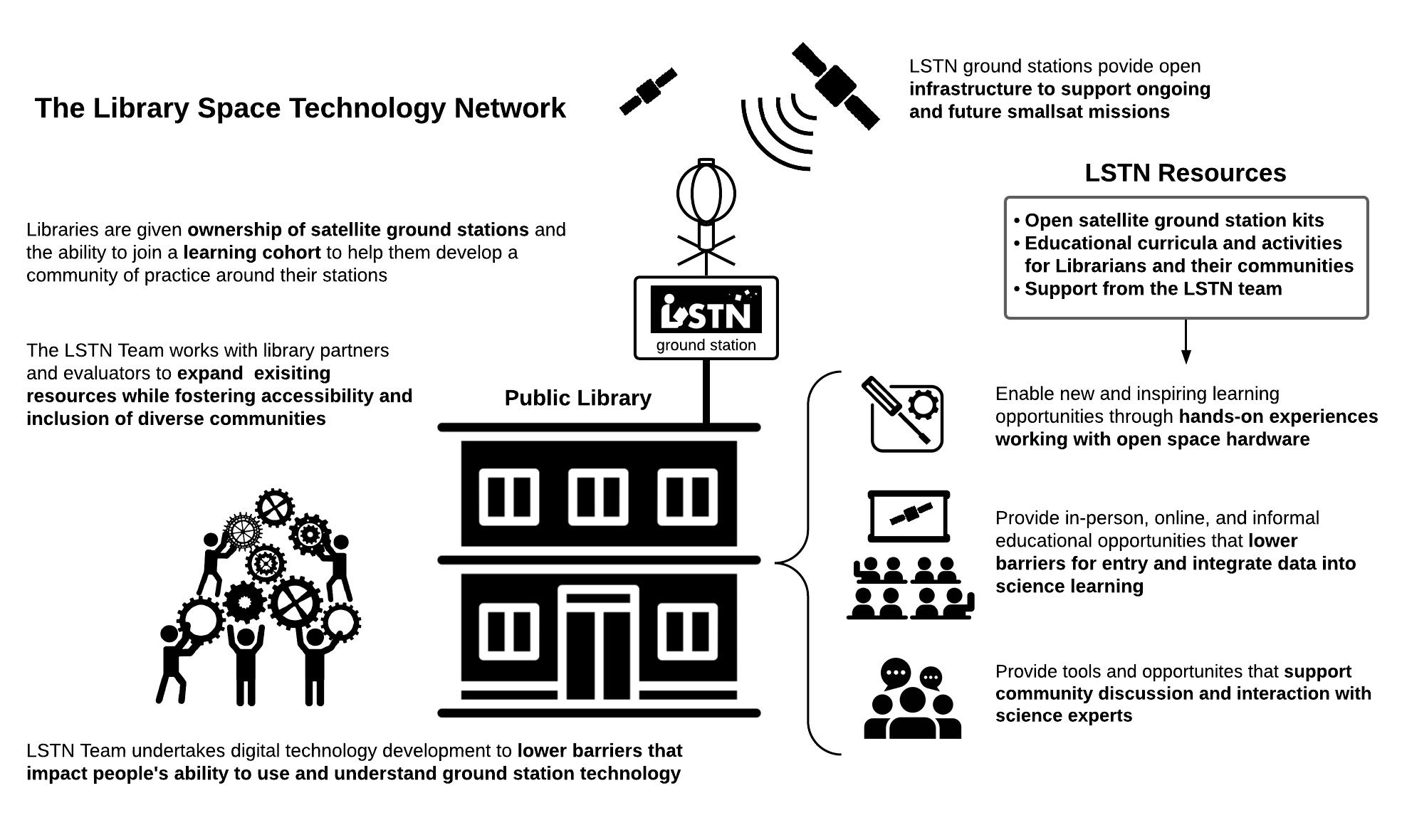
An Overview
Smallsats are increasingly important to
astronomers and engineers
Why small satellites?

“Small spacecraft and satellites help NASA advance scientific and human exploration, reduce the cost of new space missions, and expand access to space. Through technological innovation, small satellites enable entirely new architectures for a wide range of activities in space with the potential for exponential jumps in transformative science.”
Focusing on smallsats gives us opportunities to share the science.
Also opens conversations about other complex topics (e.g., space debris).
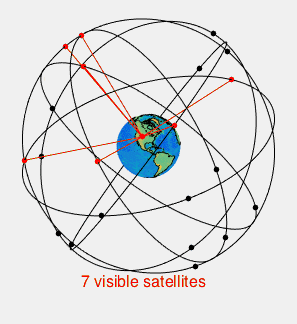
LSTN ground stations also provide
open research infrastructure
A ground station needs to be right under the path of an orbiting satellite and ready to receive data.
More open ground stations means more people can participate and more resources can be dedicated to the science and instrumentation.
The LSTN Pilot
- Biblioteca Municipală "B.P. Hasdeu" -Chișinău, Moldova
- Biblioteca de Santiago
- Santiago, Chile - Cambridge Public Library
- Cambridge, MA, USA - Marathon Public Library
- Marathon, TX, USA
Demonstration of technical feasibility
Funded by the Alfred P. Sloan Foundation
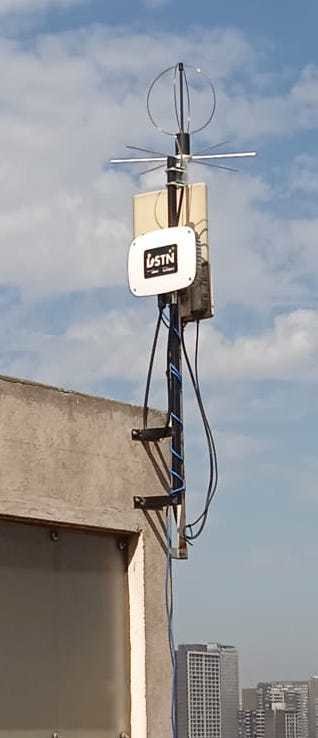
Collaborators
LSF's mission is to promote, advance and develop free and open source technologies and knowledge for space. To do this they design, develop and deliver space related projects ranging from ground station equipment to global monitoring networks and satellite missions.

LSF's Satellite Network of Open Ground Stations (SatNOGS)
is designed as an open source participatory project.
LSTN ground stations are incorporated
into the SatNOGS Network.
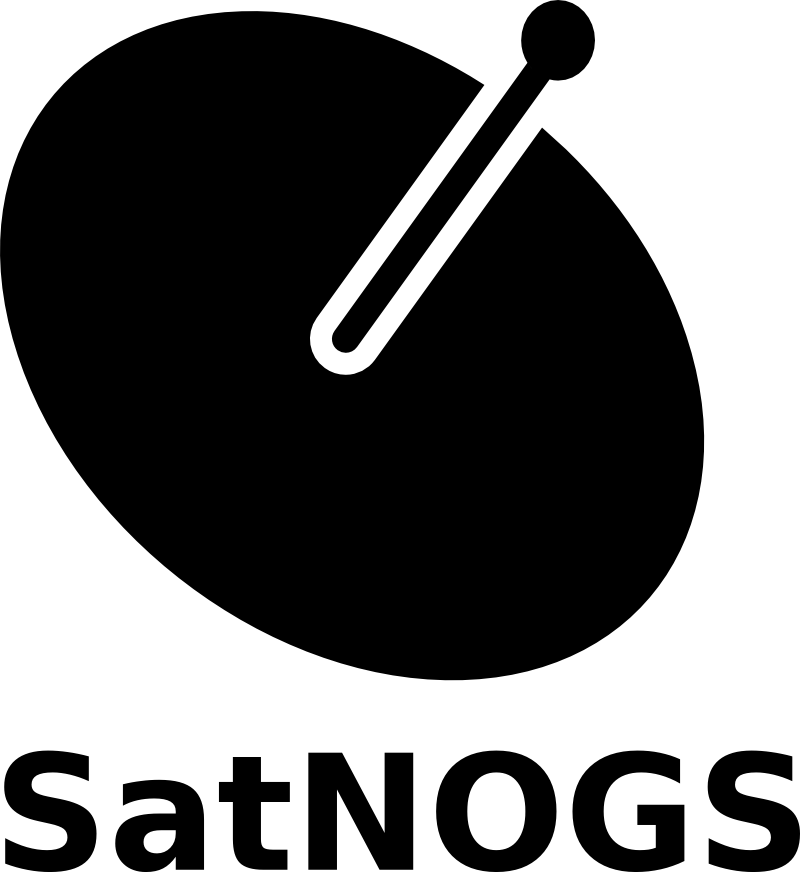
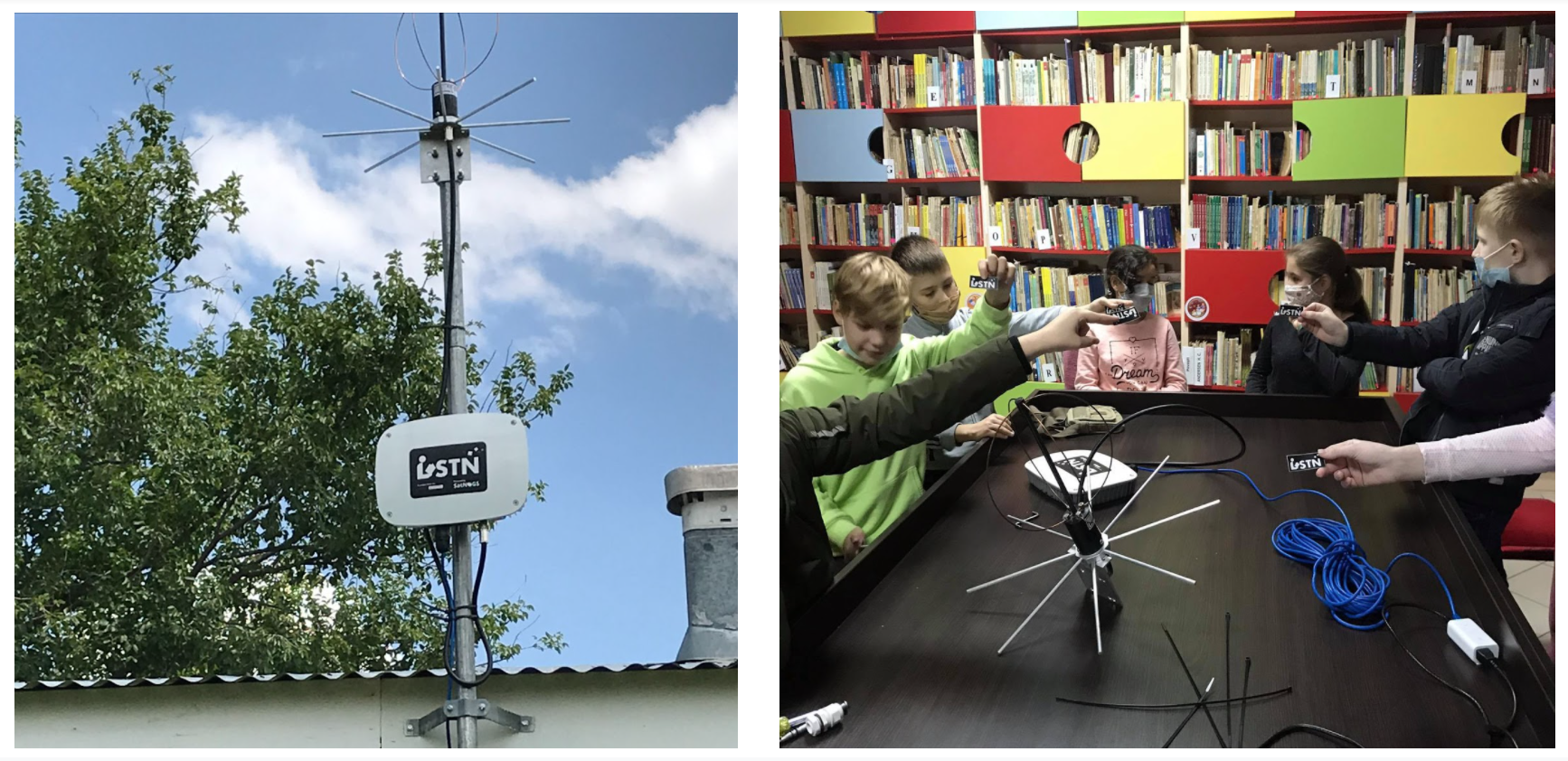
During the pilot, the LSTN team developed:
- an open ground station “kit”
- introductory material
- a “handbook”
- draft online activities
- draft in-person activities
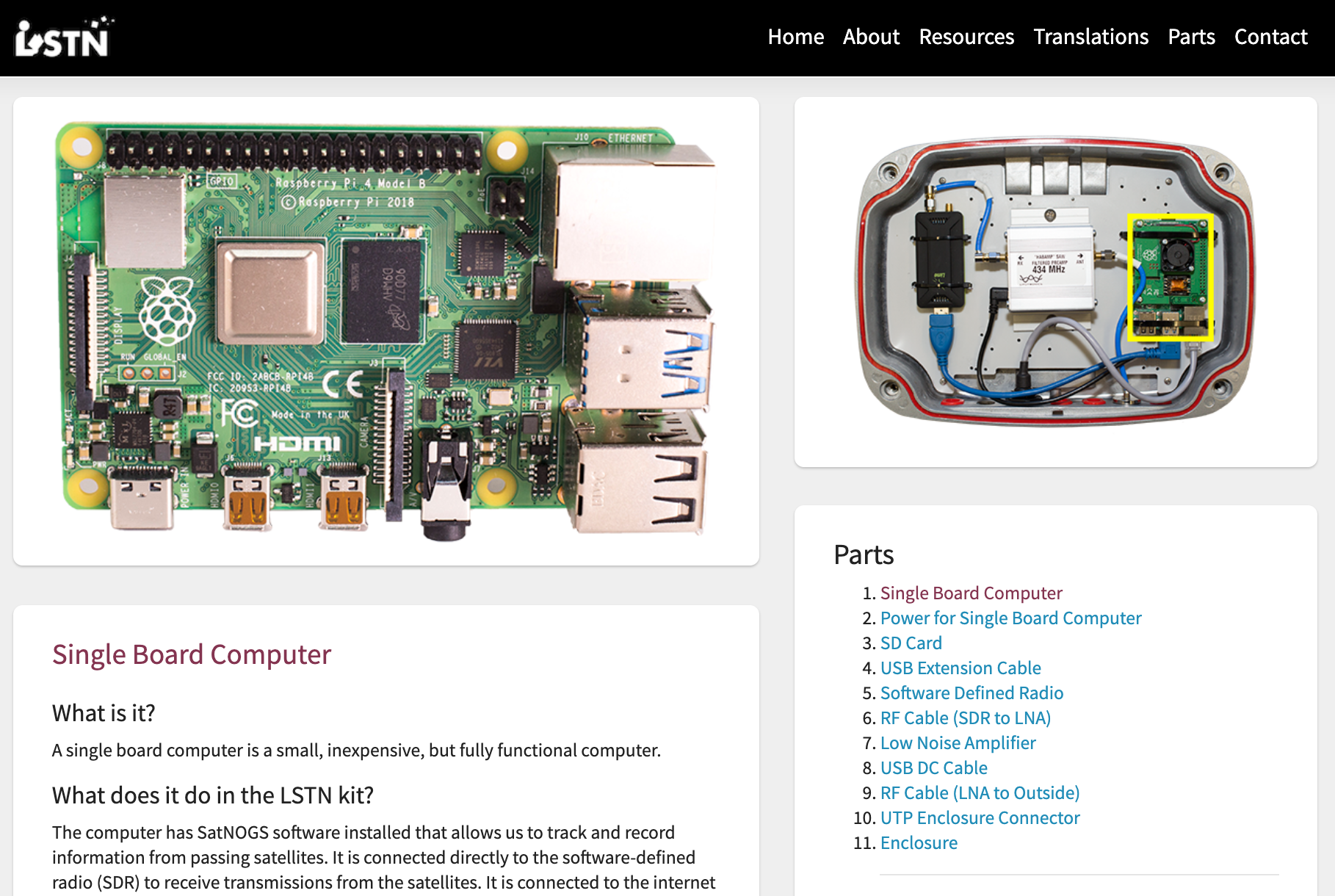
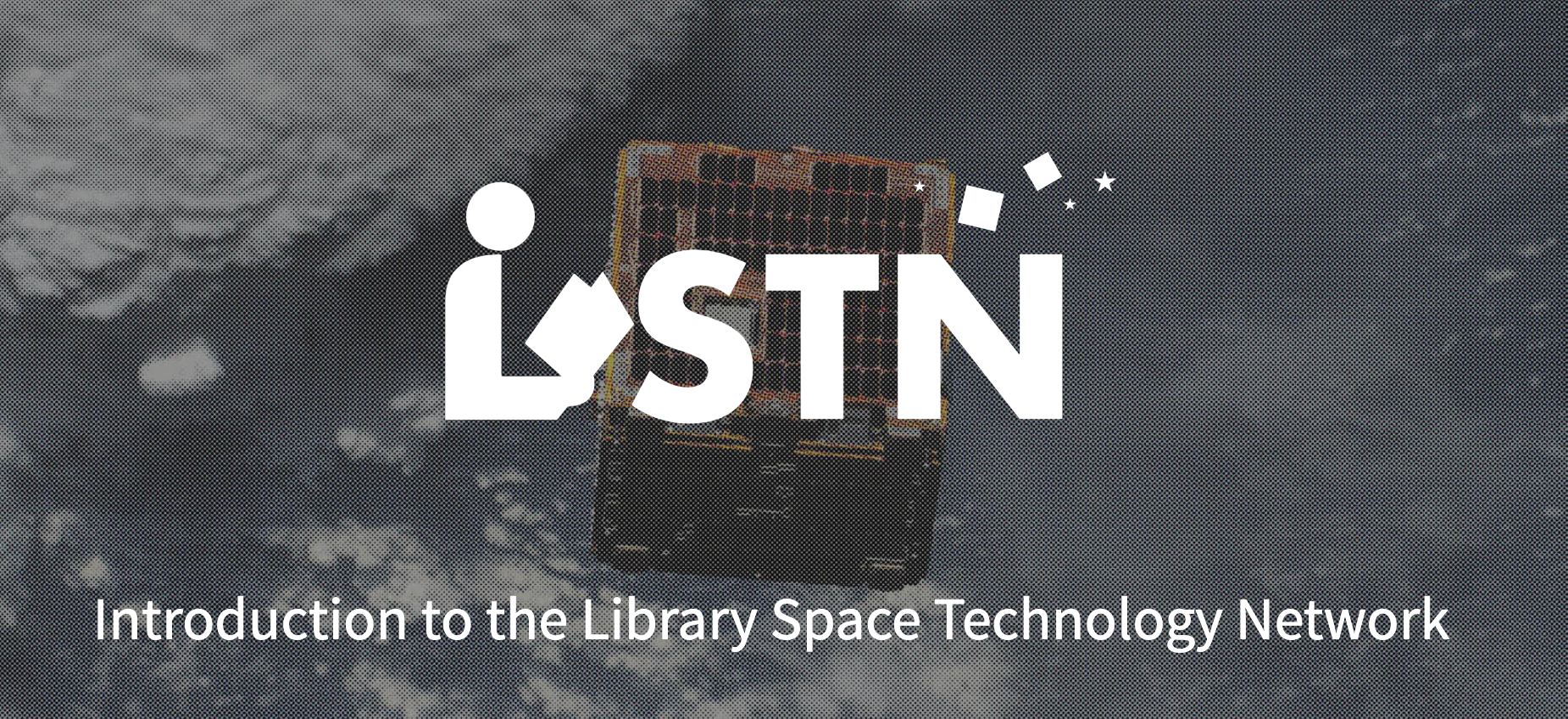
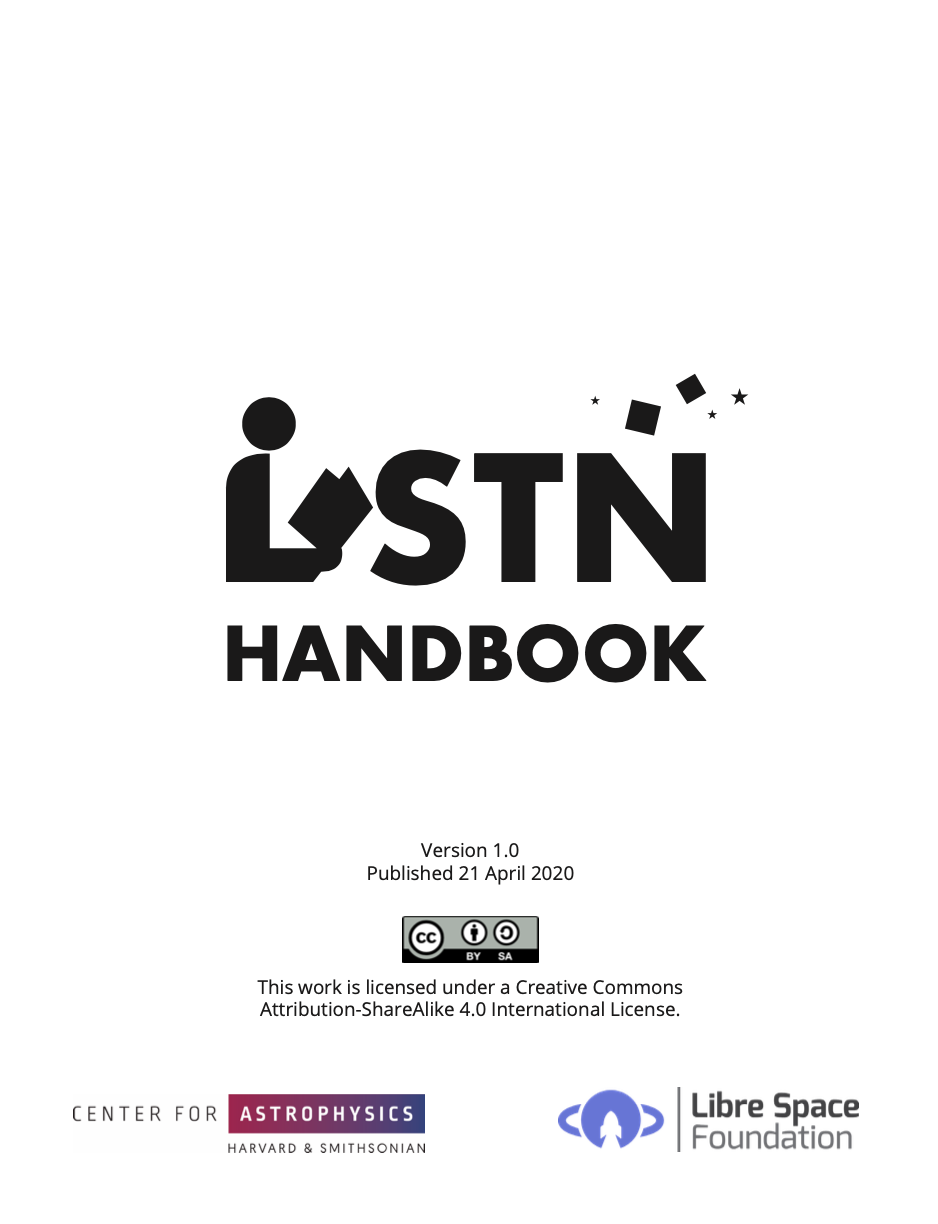
Evolving reference guide to help libraries in building, operating, and troubleshooting their SatNOGS-powered satellite ground station.
A physical binder containing a copy of the Handbook was sent to each pilot library.
In the future, materials for hands-on activities will be sent as new "chapters" that can be added to the Handbook binder over time.
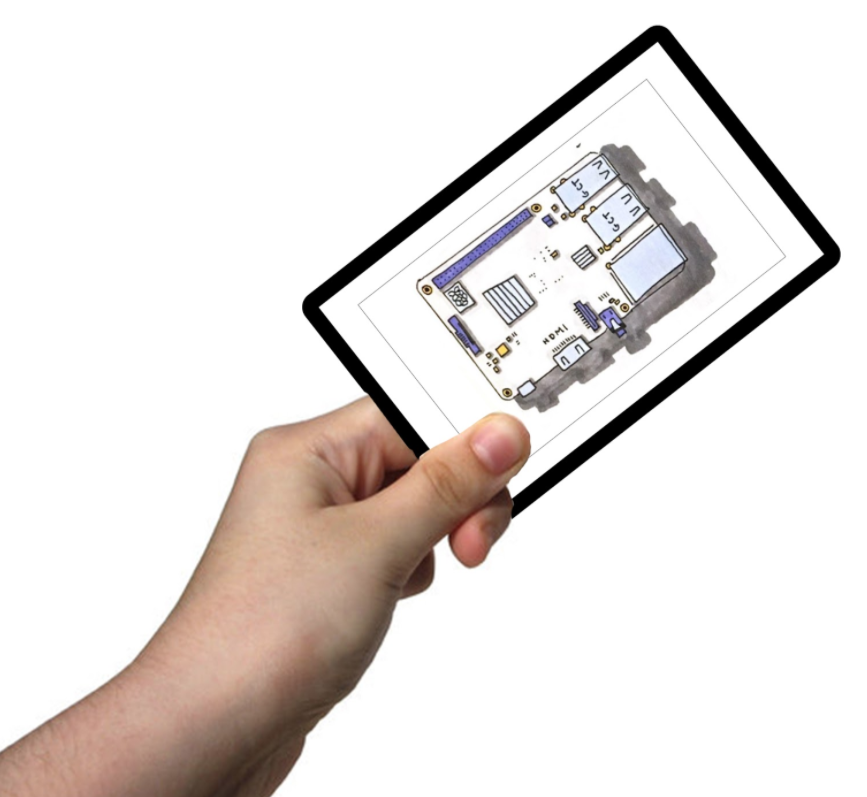
Planning for Community Builds
First planned activity:
communities would work together to assemble their stations.
First test community build was planned for April 2020,
then the pandemic hit...
Adjusting to the Digital World
COVID-19 led us to shift from focusing on in-person activities to digital learning opportunities
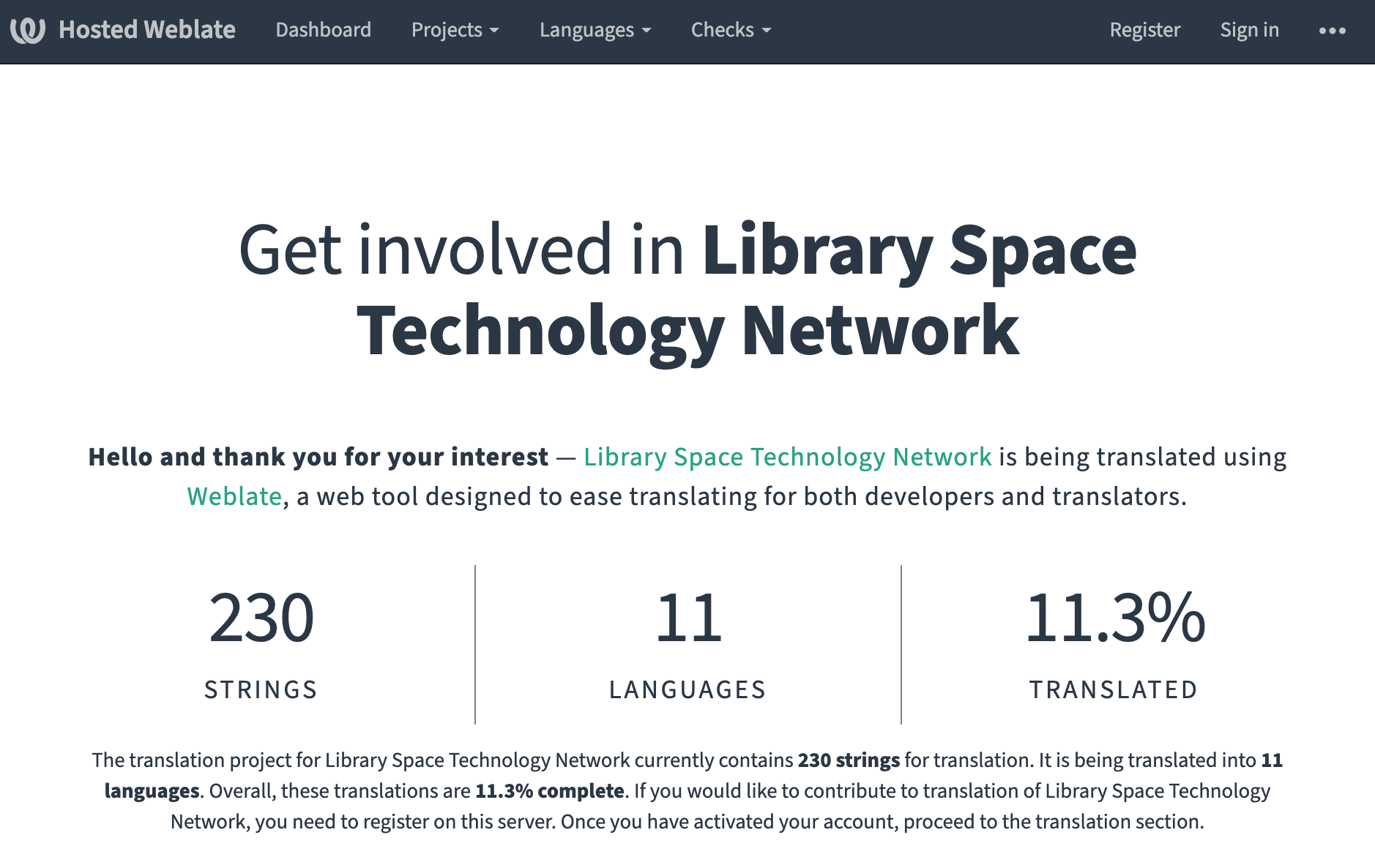
Addressing Language as a Barrier
What's Next?
We're seeking funding (via NASA) to:
-
Provide LSTN kits to under-resourced libraries across the country with the help of the STAR Library Network (STAR Net)
-
Work with the ARISA Lab and the National Federation for the Blind to develop accessible, inclusive open science education programs for librarians and their communities
-
Work with LSF to develop new digital infrastructure for learning with and managing LSTN ground stations
-
Work with The Mark to undertake iterative assessments to inform LSTN program development, understand our impact, and create a sustainability plan for LSTN’s future.
We hope to scale LSTN to the national level and make the program more inclusive and accessible to all.
Special thank you to Nico Carver for
helping lead our work so far!